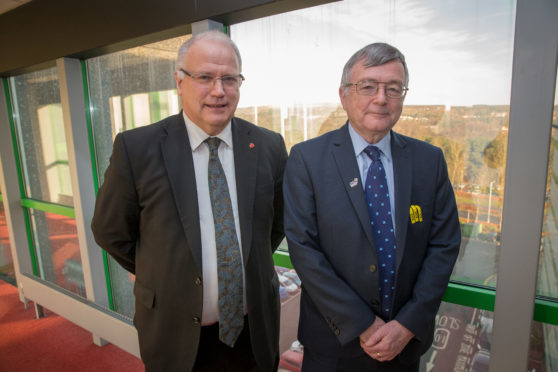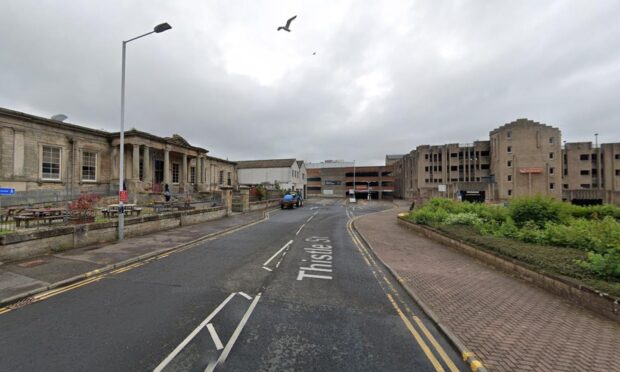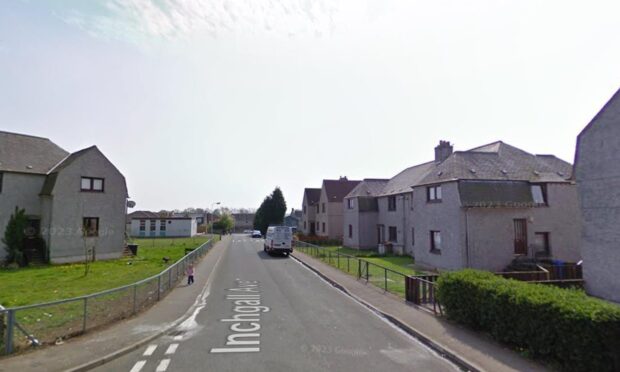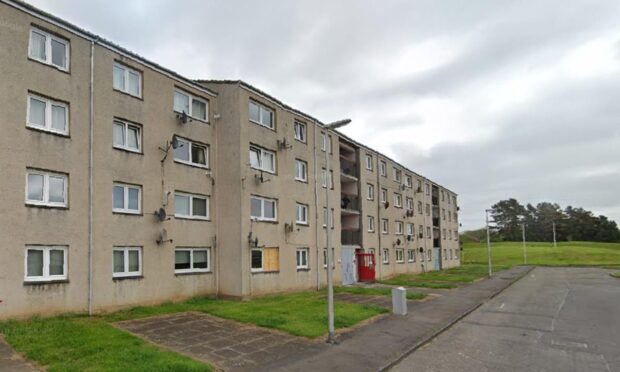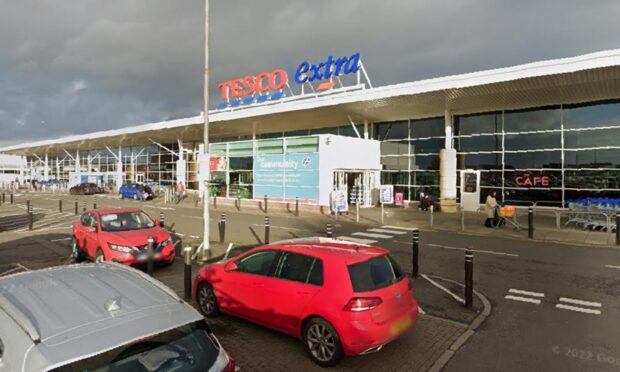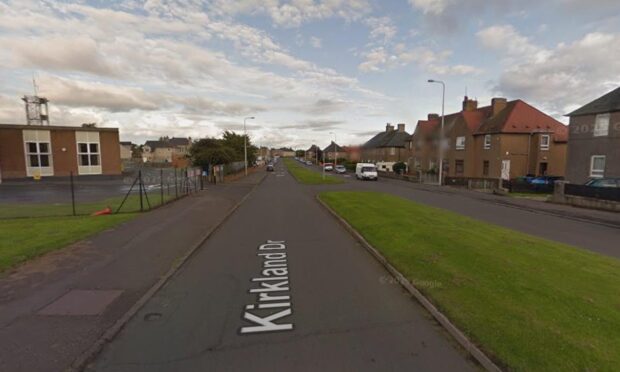A power-sharing deal that ensured Scotland’s third biggest council had an administration has been extended.
Fife’s SNP and Labour groups reached agreement on jointly running Fife Council following the May 2017 elections, although formal paperwork suggested it was only a one-year pact which could be reviewed.
The council’s co-leaders David Alexander and David Ross have confirmed their respective parties will continue to form the region’s administration for the foreseeable future.
SNP group leader David Alexander pointed to a recent report from Audit Scotland praising the leadership of the council and its plans for the future as proof the relationship between strange bedfellows has worked in practice.
“I think the first year has gone better than many people thought, both inside and outside the council,” he said.
“The two groups will continue to work together over the coming years and will debate any differences in a reasonable manner.”
Mr Alexander said both groups had been collectively involved in some huge issues over the first year, such as the formation of a joint budget for 2018/19, the Edinburgh and Tay City deals and the opening of the Queensferry Crossing.
Although there have been some “serious” job losses, Mr Alexander said the council continues to work to improve the Fife economy, adding the administration aims to protect education in Fife “to the best of our ability”.
“Our determination is to make Fife a better place to live, work, play and raise children,” he continued.
“However all the levers to make this happen are not in our hands.
“The coming years will become extremely challenging given the impact of Brexit, continuing cuts to council budgets, the damaging impact of Universal Credit on many Fifers, and the increasing use of foodbanks.
“Our joint aim is also to tackle poverty and inequality in whatever ways we can.”
Labour group leader Mr Ross said his party had reviewed the joint administration and agreed to continue the current arrangement for the coming year.
“We believe this has provided stability and a clear strategic direction for the council at a difficult time, allowing us to plan over the medium term how best to meet the challenges posed by cuts to council funding combined with increased demand for council services,” he added.
“Whilst differences remain between the two groups, in general we have worked well together in a mature way and have been able to resolve any differences of opinion through sensible discussion.
“Some members of our group have expressed concerns that the partnership agreement limits our ability to criticise the SNP locally and that our own identity representing the Scottish Labour Party is less clear, but overall we believe the public in Fife, particularly those not involved in politics, have welcomed the stability this arrangement has brought to the council and expect both our groups to continue to act in a mature way in the best interests of everyone in Fife.
“As a Labour group we are committed to support the council in working constructively with central government but we won’t hesitate to criticise governments of any party when we believe the policies they are pursuing aren’t in the best interests of Fife and its people.”
